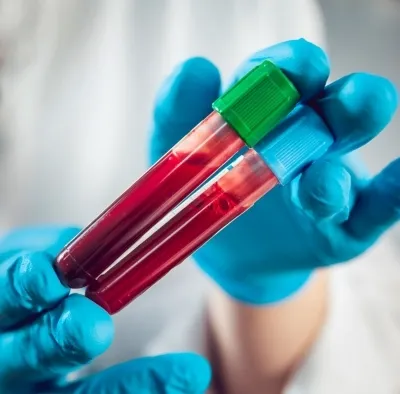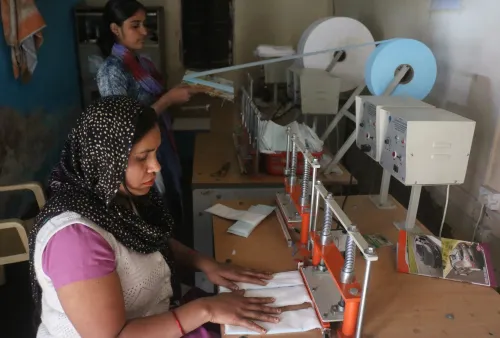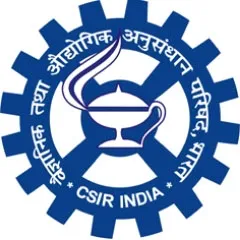Innovative Blood Test to Predict Risks of 30 Age-Related Diseases

Synopsis
Key Takeaways
- Groundbreaking blood test predicts risk of 30 diseases.
- Measures organ aging to identify health risks.
- Accelerated lung aging linked to respiratory issues.
- Heart aging correlates with cardiovascular risks.
- Potential for early intervention in healthcare.
New Delhi, Feb 26 (NationPress) An international team of researchers has introduced a groundbreaking blood test that has the potential to forecast the risk of approximately 30 age-related diseases, including lung cancer and heart disease, which could manifest several years later.
This innovative blood test evaluates the biological age of various organs within the human body to assess risk levels. The collaborative team from the UK, France, and the US expressed that this rapid and straightforward blood test can reveal if a specific organ is aging faster than anticipated — a significant step toward personalized prevention and treatment strategies.
Findings derived from a 20-year follow-up study indicated that a heart exhibiting accelerated aging was linked to a considerably heightened risk of cardiovascular diseases, while quicker aging of the lungs was associated with respiratory infections, chronic obstructive pulmonary disease (COPD), and lung cancer.
The highest vulnerability to dementia was noted in individuals whose immune systems aged more swiftly than normal. Likewise, those with accelerated kidney aging showed a greater likelihood of developing vascular disease, type 2 diabetes, and liver ailments, while biological aging in nearly all organs was indicative of an increased risk of kidney disease.
The research, published in The Lancet Digital Health, illustrates how accelerated aging in specific organs can not only forecast diseases affecting those organs but also diseases impacting other parts of the body.
“Our organs operate as an integrated system, yet they can age at varying rates. Aging in particular organs can lead to numerous age-related diseases, making it essential for us to attend to all facets of our health,” stated lead author Professor Mika Kivimaki from the Faculty of Brain Sciences, University College London (UCL).
“I am confident that the future of healthcare will see the prevention of age-related diseases commencing much earlier, focusing on those who would gain the most benefit and customizing interventions based on individual risk profiles,” Kivimaki added.
The international research team, spearheaded by scientists from UCL Brain Sciences, Stanford University (US), Inserm (France), and the University of Helsinki (Finland), examined blood samples collected in the late 1990s from over 6,200 middle-aged adults to ascertain the biological age of nine organs (heart, blood vessels, liver, immune system, pancreas, kidneys, lungs, intestines, and brain) and the overall body.
Researchers analyzed the disparity between a person’s chronological (actual) age and the evaluated biological age of each organ, determined by specific aging markers, discovering that organs frequently aged at differing rates within the same individual.
Participants’ health was monitored for 20 years, with ages ranging from 65 to 89 by the end of the follow-up period. Many had been diagnosed with at least one of the age-related conditions examined in the study.
“We aspire that our findings could lead to novel methods to assist people in maintaining their health as they age. Blood tests may indicate whether an individual needs to prioritize care for a specific organ and potentially serve as an early warning sign of disease risks,” Kivimaki concluded.










